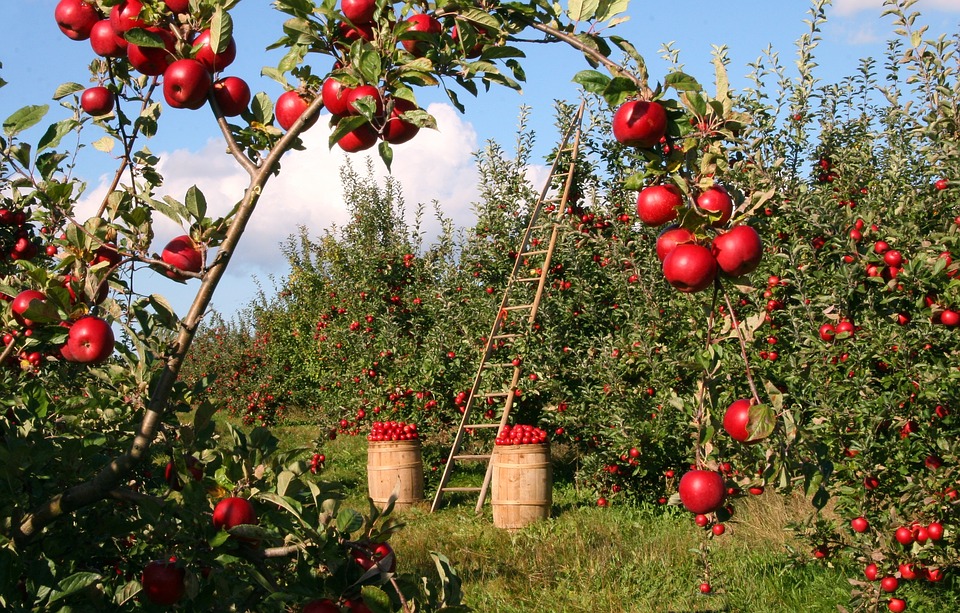Around 20,000 apple plants and 400 stonefruit plants imported from a US testing facility have been released from all restrictions, says the Ministry for Primary Industries (MPI).
The plant material was seized after a ministry audit in March found a number of significant failures at Clean Plant Centre Northwest. MPI had little confidence in the testing carried out. An investigation by US authorities confirmed MPI’s findings.
MPI has now completed additional testing for pests and diseases of concern on the affected apple plants as well as a small number of stonefruit plants, says director of plant and pathways, Pete Thomson.
“As all the test results were negative and we are satisfied the biosecurity risk has been minimised, we’re pleased to be in the position to release these plants back to their owners.
“Throughout this process, our decisions have been based on protecting New Zealand and our wider horticultural industry. Some of the diseases, if present, could impact significantly on our wider horticultural industry.”
Nearly 20,000 stonefruit plants require further testing over spring and summer when diseases of concern will be most evident if they are present.
MPI has worked with affected nurseries, importers, and growers to develop detailed individual testing plans for each owner. These plans take into account testing that has already been done in New Zealand.
Almost 48,000 affected apple and stonefruit plants and small trees were secured at 50 sites in Hawke’s Bay, Waikato, Nelson and Central Otago. In total, 32 nurseries, importers, and growers were affected.
Just over 1,000 apple plants have been voluntarily destroyed by 12 owners. Twenty owners opted to destroy over 6,000 stonefruit plants.
“MPI remains open to receiving requests for payment for direct and verifiable losses incurred as a result of destroyed or contained plant material,” says Mr Thomson.
The ministry has written to all affected owners to offer one-on-one meetings to talk through the process.
Source: Ministry for Primary Industries












